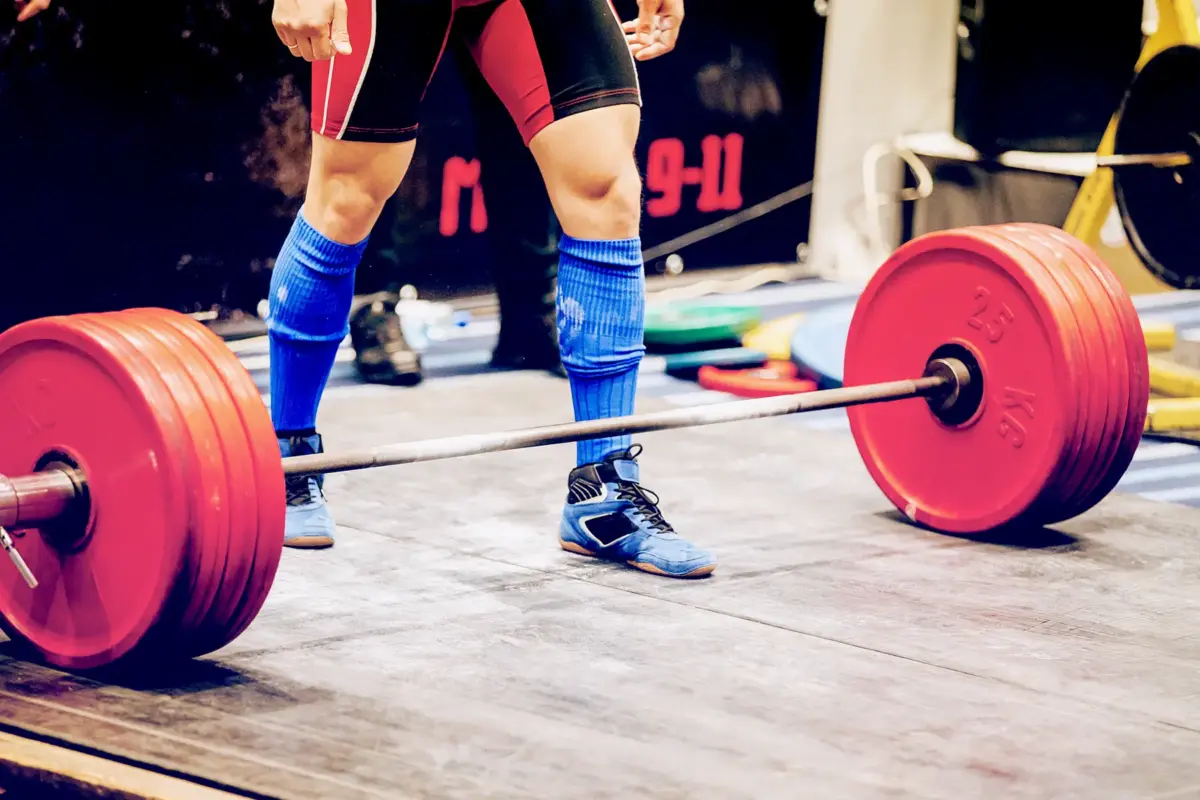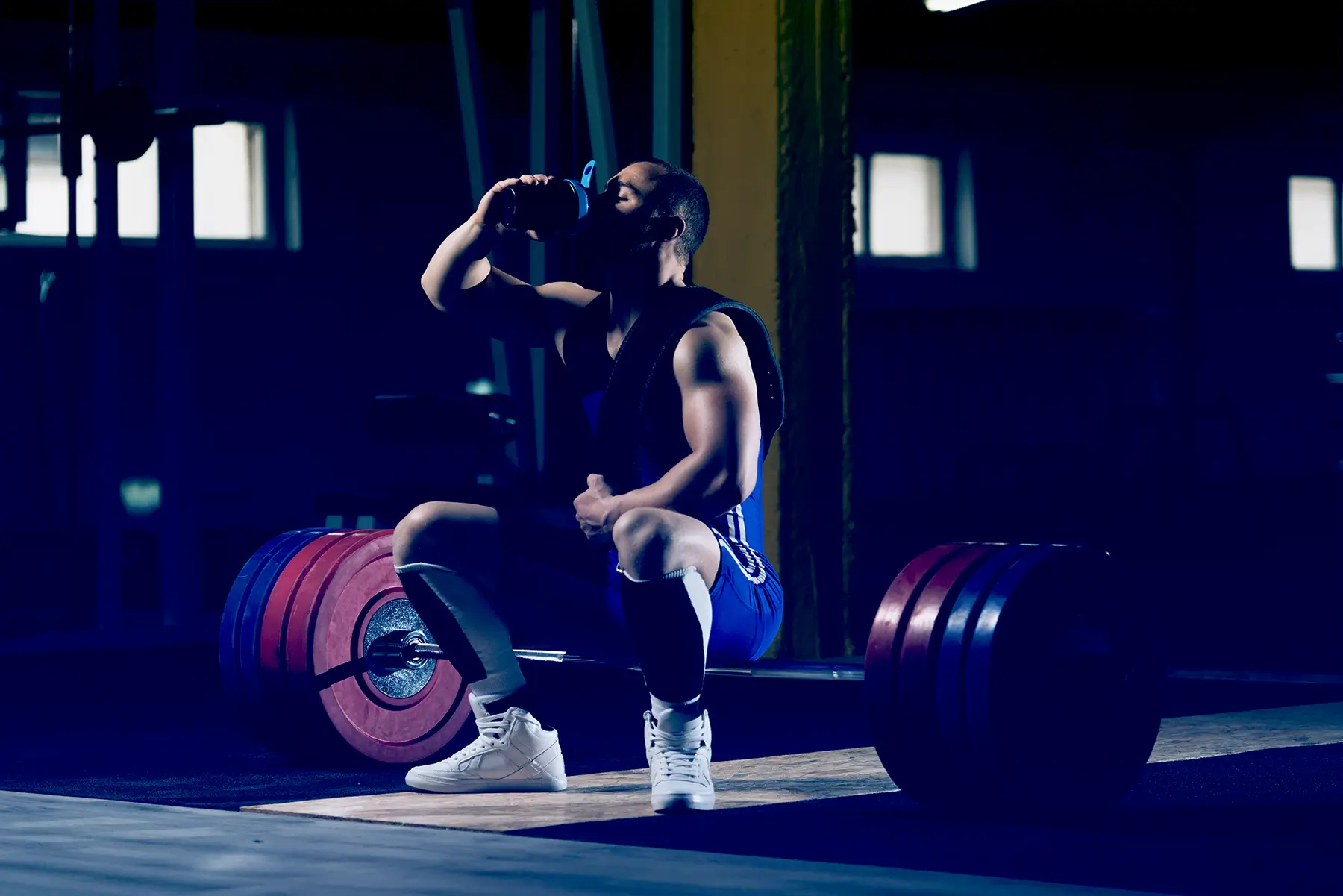This crossover study compared a high dose of caffeine to a placebo in a quadruple-blinded design with competitive male powerlifters. Caffeine improved several performance measures, including bar speed, power, and velocity loss, while reducing perceived effort at submaximal loads. But just how high was the dose, and how does it align with the broader research?
Overview
- What did they test? Sixteen competitive male powerlifters were recruited for a crossover study examining whether a high dose of caffeine affected neuromuscular performance and perceived effort in the back squat and deadlift compared to a placebo. In each experimental session, participants performed submaximal triples at 40, 60, 80, and 90% of 1RM, which were analyzed for mean velocity, mean power, velocity loss, and perceived effort. All participants had at least two years of strength training experience and had competed at a minimum of the regional level in powerlifting. Data from 15 participants were included in the final analysis.
- What did they find? Caffeine led to higher mean velocity across all loads and higher mean power at 80 and 90% of 1RM in both lifts. The squat also showed greater mean power across all loads, while in the deadlift, caffeine produced higher overall mean power but not at any specific intensity. RPE scores were lower overall in the caffeine condition compared with placebo, although this difference was not observed at any individual load.
- What does it mean for you? These findings suggest that a high dose of caffeine can enhance performance and lower perceived effort during submaximal lifting in powerlifters. However, any small performance benefits from regular use in training should be weighed against potential downsides such as disrupted sleep, particularly if training occurs later in the day. Since smaller doses have also been shown to be effective, starting with a more moderate amount and adjusting based on tolerance may be a sensible approach.
What’s The Problem?
Caffeine is widely consumed to enhance both cognitive and physical performance, and its effects on various types of exercise have been studied for decades 1 2. Its primary mechanism of action stems from its structural similarity to adenosine, allowing it to bind to adenosine receptors and reduce sensations of fatigue. There is also some evidence that higher doses of caffeine 3 may act directly on skeletal muscle by binding to receptors that increase calcium release within muscle cells, thereby enhancing force production. Overall, caffeine has the potential to improve neuromuscular performance, largely through its central nervous system effects, with possible contributions from direct muscular mechanisms.
A substantial body of research has examined the effects of caffeine on strength and power performance. A meta-analysis by Grgic et al. 1 reported small positive effects of caffeine on strength (SMD = 0.20) and power (SMD = 0.17), with subgroup analysis showing significant improvements in upper-body, but not lower-body, strength. A later review by Raya-González et al. 4 focused specifically on movement velocity, finding a moderate effect favoring caffeine’s ability to enhance performance (SMD = 0.62). This effect was observed across a range of loads and in both upper- and lower-body exercises.
While research supports caffeine’s ability to enhance strength and power, few studies have examined its effects in powerlifters. The current study addressed this gap by testing a high dose of caffeine (8 mg/kg) and its impact on neuromuscular performance and perceived exertion during the squat and deadlift across a range of submaximal loads.

Purpose
The purpose of the study was to examine the effects of high-dose caffeine supplementation on neuromuscular performance in competitive powerlifters during the back squat and deadlift.
Hypothesis
The authors hypothesized that a high dose of caffeine would enhance neuromuscular performance while reducing both fatigability (velocity loss) and perceived effort (RPE) across a wide range of submaximal loads.







